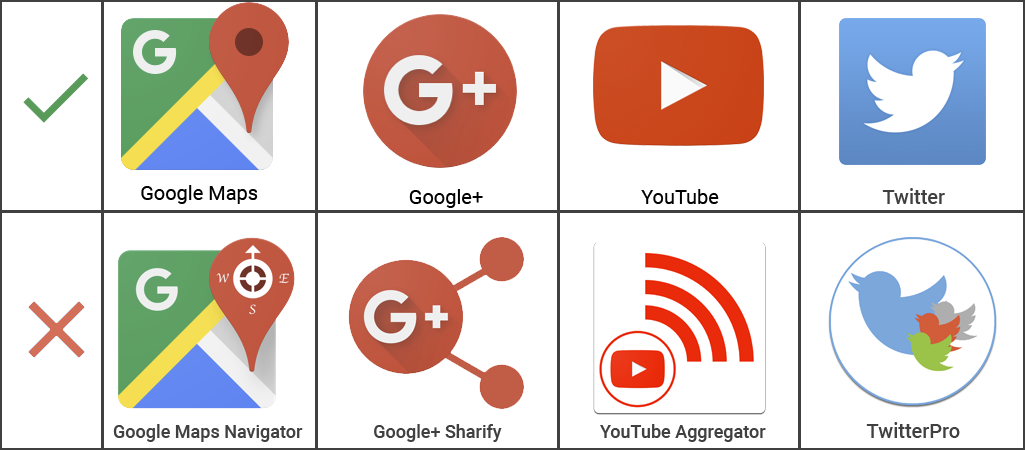Google announced new Play Store policies for developers on Wednesday that aim to address issues with intrusive ads, alarms, VPNs and impersonation of brands and other apps. The company said these policies will go into effect during different timeframes so developers have ample time to make changes to their apps.
The search giant is aiming to improve user security and app experiences through these policies, it says.
Here’s a list of what Google announced and when these policies will kick in:
Better ad experiences (September 30, 2022): In-game ads can be annoying and Google wants to improve on that. This policy will prohibit any full-screen ads that are not closable after 15 seconds. Opt-in ads, like an ad to watch a game rewards, can exceed these time limits.
The company is prohibiting full-screen interstitial ads that appear before the app’s loading screen, when you start a level or during the gameplay, too.

Example of an unexpected ad appearing during gameplay. Image Credits: Google
Impersonation (August 31, 2022): To weed out copycat apps, Google is cracking down on unauthorized apps that imply an association with governments, companies and businesses. For instance, apps can’t use national emblems and government organizations to make people think it’s an official app. Similarly, developers can’t use icons to show they’re officially affiliated with a company, artist or TV show when they’re not authorized to do so.

Image Credits: Google
Health misinformation (August 31, 2022): The company is banning apps that argue against the widely accepted medical consensus or gives out health advice that can harm users. It cited examples of apps advocating unapproved treatments, injurious practices like conversion therapy and vaccine misinformation that could be removed from the Play Store.
Flag secure requirements (August 31, 2022): The FLAG_SECURE is a toggle for developers who want to avoid content on the screen being recorded through screenshots. If you try to take one you’ll just see a black screen. This is common amongst streaming apps. So other apps, with exception of accessibility tools like screen readers, are prohibited to bypass this flag in any way and try and record content on the screen.
VPN Service (August 31, 2022): The company is prohibiting apps from using Android’s VPN services for tracking user data or rerouting user traffic to earn money through ads. Core VPN apps won’t be affected, but as app researcher Mishaal Rahman noted, it might affect tracking blockers like DuckDuckGo’s App Tracking Protection. (We’ve asked DuckDuckGo for a comment.)
Exact alarm permissions (July 31, 2023): Android provides APIs for timer and alarm apps to trigger alarms at exact times. However, if other apps are using these permissions, this can disturb the phone’s low-power modes when it’s not necessary and affect the battery. The stricter enforcement around exact alarm permissions aims to help improve the device’s battery life.
The company also announced policy changes for ads targeting children and stalkerware to increase safety for apps used by kids, effective Nov. 1, 2022. Google says if an app only targeting kids serves ads, then it must only use ads SDKs that have self-certified compliance with Google Play policies.
The new policy changes come days after Google enforced its policy of declaring safety labels for apps on July 20. The company will hope that these new policies will weed out games and apps with intrusive ads, misinformation and privacy-violating permissions.

